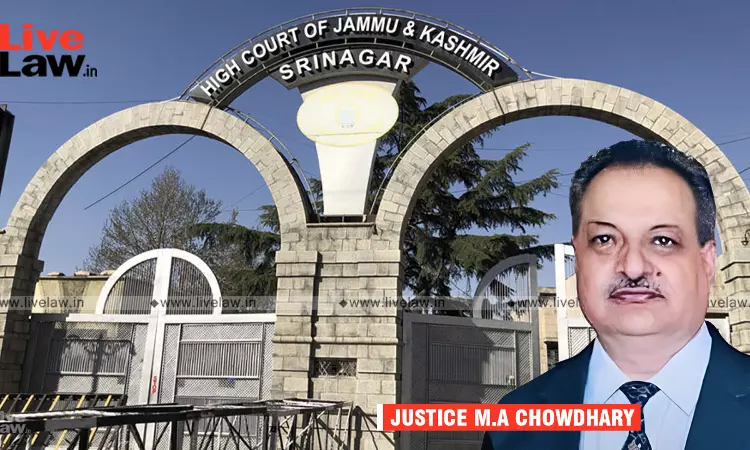Shedding light on the right of a victim under the SC/ST (Prevention of Atrocities) Act, 1989 the Jammu and Kashmir and Ladakh High Court has asserted that a complainant or their dependent must be issued notice and heard when an accused seeks bail under the Act.Citing provisions of the Act a bench of Justice M. A Chowdhary observed, “On a harmonious reading of both the Sub-sections (3) and...

